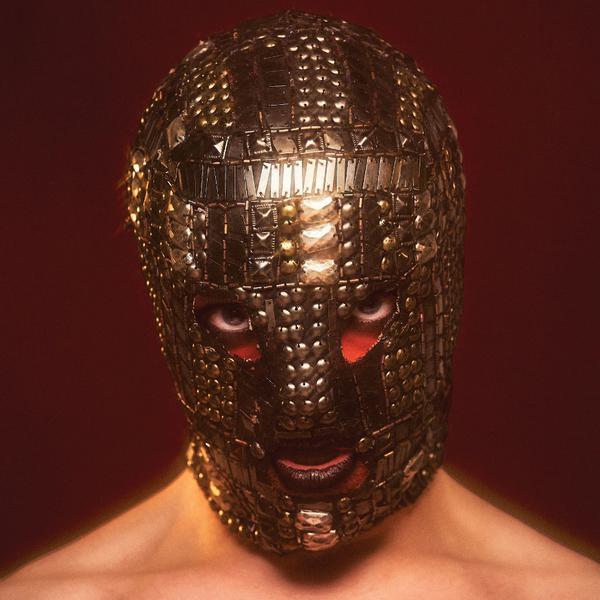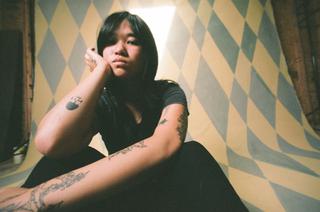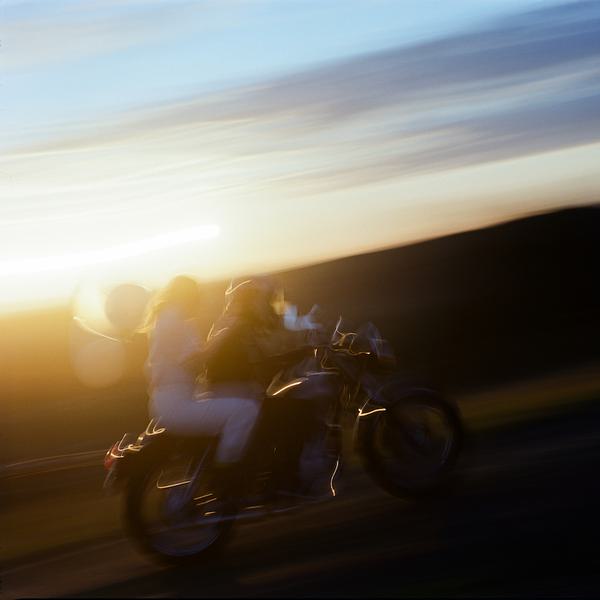
Wild Nothing: "I just make what I make, you know? …Structured verse-chorus pop songs"
England’s flirtation with the sun couldn’t have occurred at a more fitting time for me.
There’s something of ‘pathetic fallacy’ in the telephone conversation I’m about to have with Virginia-bred Jack Tatum, the creative force behind Wild Nothing. 2010’s Gemini was our first proper liaison with his light, spatial and brightly disposed music; perfectly matched for a day like this. Add ‘dream-indie-pop’ to the mix, and I may have to apologise. Does this label stir frustration; is his music not analogous to a lucid dream? His recent Beach House support slot seemed like a genre alliance after all, “It’s all kind of like, descriptive terms that don’t mean much to me. It doesn’t really frustrate me when other people do it but it’s not something that I’m conscious of… as for Beach House, it was just a band whose music I enjoy.” “I know journalists like to label things,” I say and he continues with knowing laughter. “I just make what I make, you know? Pop songs, structured verse-chorus pop songs.”
Testament to this prized self-consciousness and creative insularity, Jack Tatum struggles to communicate creatively. “I’m one of those people who have a difficult time relating to people in a creative or collaborative sense.” As a 21-year-old student, relinquishing control was alien and the ability to appreciate scope, limited. With eight billion web pages, his educated prediction was that Gemini would cause an atom-sized dent in the cyber interface. But the Internet isn’t that predicable and it assaulted Tatum’s artistic sanctuary.
“When I made the first record, I had not been involved in music in that capacity before, I just didn’t know what it was like, you know? Especially for an album that small and that was something very personal. To get any sort of success of recognition was fairly alarming!” he laughs.
Perhaps his blinkered vision didn’t prepare him for the exponential progression of his music to ears way beyond the four bedroom walls in which his works back then, were created. This wide-scale relationship was diametrically ill suited to him. And so, the past two years leading up to his soon to be released sophomore album Nocturne, have been about becoming existentially aware of how his art relates to his growing surroundings.
Mostly a one-man show, recording Nocturne proved to be a challenging but barrier breaking process, “I still wanted to do everything myself. That was important to me… I have very specific visions for all the parts.” But his producer, Nicholas Furness unexpectedly became the presence he’s found so difficult to relate to. It meant “having another person there who’d be like, ‘this is awesome’ or ‘this sucks.’ Just someone to bounce ideas off of.” Crucial but admittedly frustrating, Furness’ constructive criticism forced Tatum to develop his collaboration skills. There are benefits to working alone but as he points out ” ideas that don’t work and you don’t realise it because you’re inside of your own head.”
It’s also important to note that Tatum moved out of his makeshift studio and into a proper one, giving him the ability to create a concise record. ” a whole lot more focused in the sense that I wrote a group of songs and spent three weeks in the studio. That’s where the album became an album; putting it together and seeing how things fit, what kind of sounds could be consistent for the album.”
So the relationship between Gemini and Nocturne is bound to be different. Gemini, handcrafted over 6 months with no tangible audience in sight, will always be coloured by lack of preparedness. He contends that there’s “a bit of pressure” from potentially suffering “second album syndrome” but this pales in insignificance to the feeling of premature exposure that shrouded his first LP. He’s now aware of his music’s scope and eager to please his fans, ” I was more aware of the fact that there was a fan base and that there were people that were waiting to hear what Wild Nothing was going to do.”
It’s not so surprising then, that his fans became a figurative presence in his creative phase, “It definitely had an impact on the way that I made the record, the way I wanted to go about releasing it. It’s a more audience conscious album.” A price was paid, the feeling that Nocturne was in some way “less personal”. Opening himself up meant the lines between ‘self-pleasing artist’ and ‘performer in the public domain’ became blurred, “I think of myself as a recording artist,” he comments, but as a tribute to his progression has “started to think a whole lot more of what it means to be a performer.”
But naturally this performance element is the most difficult area for Tatum; it represents the ultimate exposure, “I had a lot of trouble of realising how I could relate my music to other people in the live setting; I didn’t think even once how any of the songs [on Gemini] would be played, you know, I was just making them.” For the foreseeable future, recording is his personal preference, but he now understands that the disciplines are inextricably bonded. With recording he fully resides in his consciousness, with performing he exposes his music, it’s the yin to the yang. He’s had to become outward looking, “In this album I definitely feel more established in the sense of knowing how these songs are going to translate,” he states. The addition of live drums, a decision Tatum made while touring Gemini also gives Nocturne a more kinetic edge and on track ‘Paradise’, you can almost imagine the studio murmurs.
So what can his fans expect from the record? Firstly, six different album covers. As a member of the dying breed of CD buyers, I was pleased but surprised by this. It shows a forthcoming and prepared side to Tatum that has been brewing for the past two years, as well as commitment to his art. “I think it’s important to some people… I think it’s important to me”, he continues, “the physical aspect of an album is something that can be fun, something that you want to see and hold,”, citing the simplicity of Pulp and The Stone Roses’ album covers as influential over this venture.
Nocturne is still in the same vein as where Wild Nothing last left us, (“there’s a lot of textural and melodic qualities that are still intact, still very much the same at their core,”) so it’s not a sharp sonic departure. It’s an addition to the narrative rather than a complete breakaway; this chapter is concerned with developing his worldview and making an album that’s more personable for his listeners but still maintaining artistic integrity. But for him, Nocturne will be a stepping-stone that will allow him to see whether his growth has produced intended results. Just like the day of our conversation, Nocturne has a sunny disposition rooted in the same classic influences. It’s an outright success: concise and firmly grounded in pop music.
A self-confessed Anglophile, the full band is UK bound in October sharing dates with The Walkmen before they strike out on their own, where we will get to see the fruits of labour. “I wanted to push myself a little further. That’s just my goal and I hope the people that listen to my music will feel that it’s a natural progression.”
Nocturne is available now through Bella Union, and the band will be performing at the following European dates supporting The Walkmen:
29 October – DUBLIN, Vicar Street
30 October – MANCHESTER, Ritz
01 November – LONDON, Forum
02 November – PARIS, Pitchfork Music Festival
03 November – AMSTERDAM, Paradiso
Get the Best Fit take on the week in music direct to your inbox every Friday
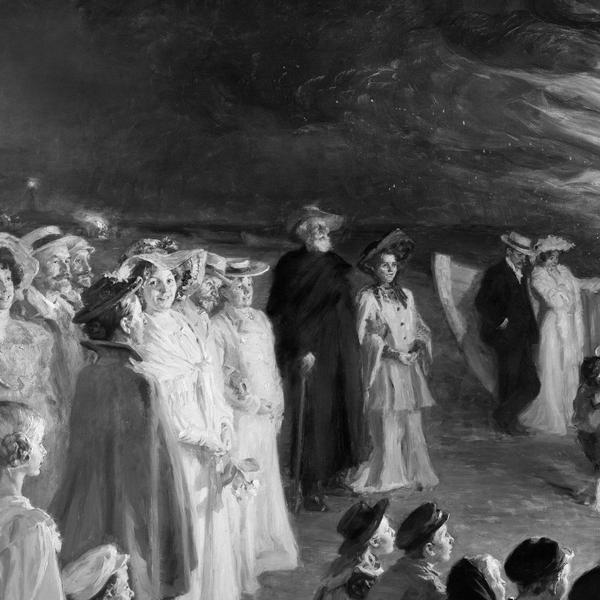
Chanel Beads
Your Day Will Come
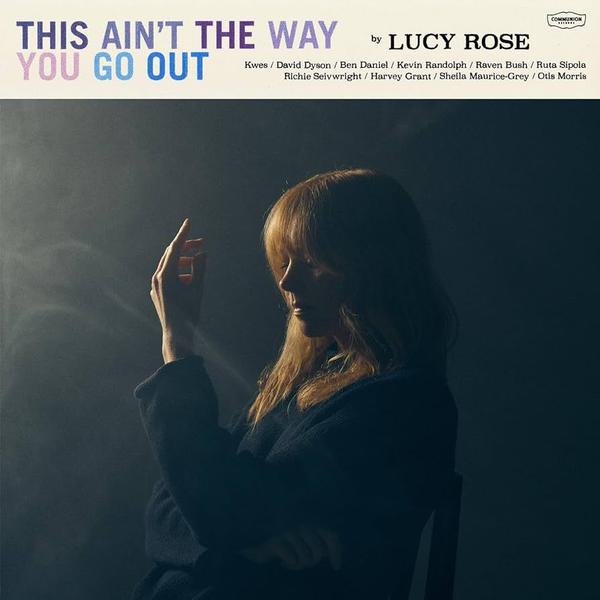
Lucy Rose
This Ain't The Way You Go Out
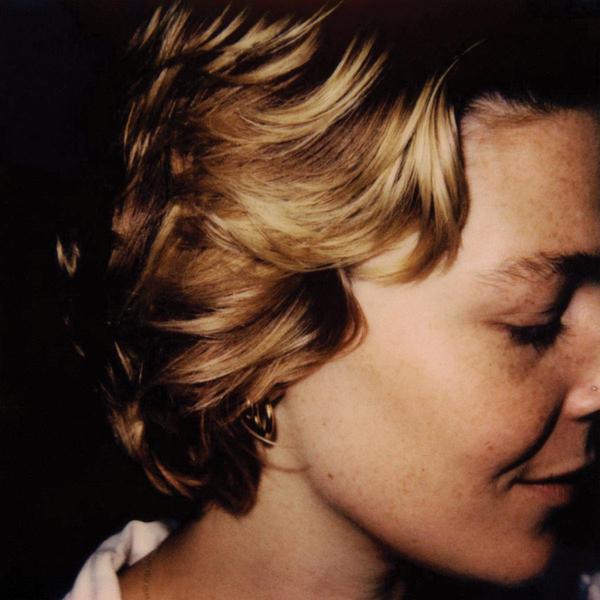
Maggie Rogers
Don't Forget Me
